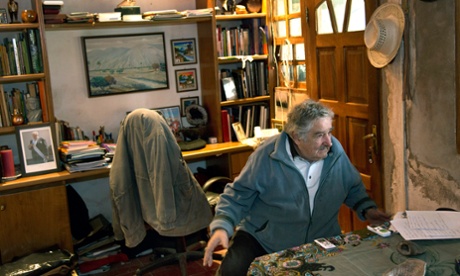Chicos,
Please submit your comments on the five current events today!
Remember that each comment you post is 5 extra credit points!
Grades must be turned in by Friday morning, so turn them in ASAP!
Gracias,
Srta. Shannon
 Mr Hernandez ran on a law-and-order platform
Mr Hernandez ran on a law-and-order platform Supporters of Ms Castro's Libre Party have demanded an annulment of the poll
Supporters of Ms Castro's Libre Party have demanded an annulment of the poll Analysts say Mr Zelaya is trying to stage a comeback as part of his wife's team
Analysts say Mr Zelaya is trying to stage a comeback as part of his wife's team

Q. How do Hispanics themselves feel about the labels “Hispanic” and “Latino”?A. The labels are not universally embraced by the community that has been labeled. A 2006 survey by the Pew Hispanic Center found that 48% of Latino adults generally describe themselves by their country of origin first; 26% generally use the terms Latino or Hispanic first; and 24% generally call themselves American on first reference. As for a preference between “Hispanic” and “Latino”, a 2008 Center survey found that 36% of respondents prefer the term “Hispanic,” 21% prefer the term “Latino” and the rest have no preference.Q. What about Puerto Ricans? Where do they fit in?A. Puerto Ricans are U.S. citizens by birth — whether they were born in New York (like Judge Sotomayor) or in the Commonwealth of Puerto Rico (like her parents). According to the Census, some 97% of all persons born in Puerto Rico and living in the mainland United States consider themselves Hispanics. Overall, Puerto Ricans are the second largest group of Hispanics in the 50 states and District of Columbia — they make up 9% of the mainland Hispanic population, well behind the Mexican-origin share of 64%, but ahead of the 3.5% share of Cubans. In 2007, the 4.1 million persons of Puerto Rican origin living in the mainland United States exceeded Puerto Rico’s population of 3.9 million.
